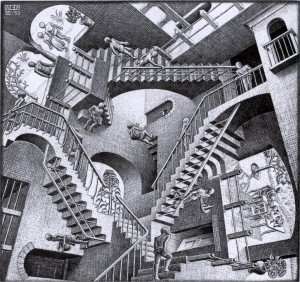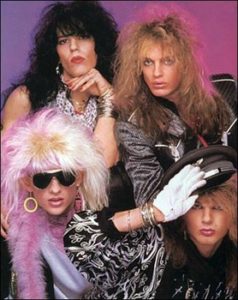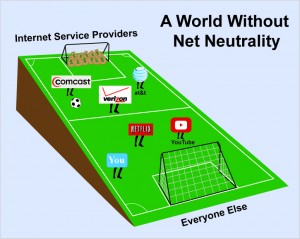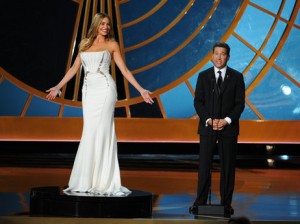It may be apocryphal. But supposedly an unnamed New York publishing executive was once asked why there were so few books by Hispanic authors, or novels featuring Latino characters.
His response was a blasé “Hispanics don’t read.”
This is indeed bad news, as apparently none of you Hispanic readers are literate enough to even comprehend this article. And I’m not literate enough to write it, which is quite the paradox.

In any case, that publishing exec was clearly not familiar with Latin America’s rich literary tradition, exemplified by the late Gabriel Garcia Marquez, the greatest writer of all time (let’s not debate this). He also didn’t know that one Latin American country, Cuba, has the highest literacy rate in the world.
But closer to home, why hadn’t this exec heard of the brilliant Junot Díaz or the groundbreaking Sandra Cisneros? Or did he believe only white people were reading those authors?
For whatever reason, our anonymous publishing executive refused to believe that the largest ethnic minority in America was interested in books. And in this refusal came justification for the continued blackballing of Latino authors.
“There are several factors contributing to the paucity of published books written by Latinos,” says Marcela Landres, an editorial consultant who publishes the award-winning e-zine Latinidad and co-founded the Comadres and Compadres Writers Conference.
“Primarily, we need more Latinos on the inside working in key positions, such as agents, publicists, sales reps, bookstore owners, and especially as acquisitions editors,” she says.
Landres adds that Hispanic culture itself is another barrier.
“Latinos immigrated to the U.S. so their kids could live the American Dream, which is defined by financial security,” Landres says. “Writing generally does not pay well, so our parents understandably pressure us to choose more sensible careers. In order to be successful as artists, Latinos need to respect our parents but perhaps not obey them.”
As any Hispanic can tell you, disobeying your parents is a tall order. But that is another story.
In any case, some Latino advocates believe that the big publishing houses have hoodwinked us into buying their mainstream books, giving them little impetus to change the formula.
Of course, one strategy to force change is to bypass the big publishing houses altogether. That’s what I did with my novel Barrio Imbroglio.
After some nibbles of interest from the majors, I got the picture that my black comedy tale — about a reluctant detective named Hernandez — didn’t fit in with the preconceived notions about Hispanic literature. Yes, I had the word “barrio” right there in the title, but where were all the undocumented immigrants and magic realism and metaphors using avocados? It was a little too different. So I’ve done what more and more authors — Latino and otherwise — are doing, and publishing directly to Amazon.
But this end run has its drawbacks.
“There are few Latino self-publishing success stories,” says Landres. “I have yet to see literary writers, and/or writers who take years to produce a single manuscript, whose self-published books have sold well. If you write genre and have a bunch of books ready to go, the odds are in your favor. If you’re a literary writer who spends years polishing a single manuscript, not so much.”
In addition to the self-publishing crapshoot, there is the unpleasant fact that — like it or not — the NYC houses still have the most influence on what people read. And they are not packing the midlist with Hispanic authors.
Now, this isn’t just a matter of fairness, nor is it even all about artistic integrity and the myth of meritocracy. A more fundamental reason becomes clear when one considers that “Latino children seldom see themselves in books.” Education experts say, “the lack of familiar images could be an obstacle as young readers work to build stamina and deepen their understanding of story elements like character motivation.”
Basically, there are only so many tales of brave and adventurous white people that Hispanic kids can read. At some point, they disconnect.
And if that is the future we want — a self-fulfilling prophecy where Hispanics truly don’t read — then we should just preserve the status quo.














